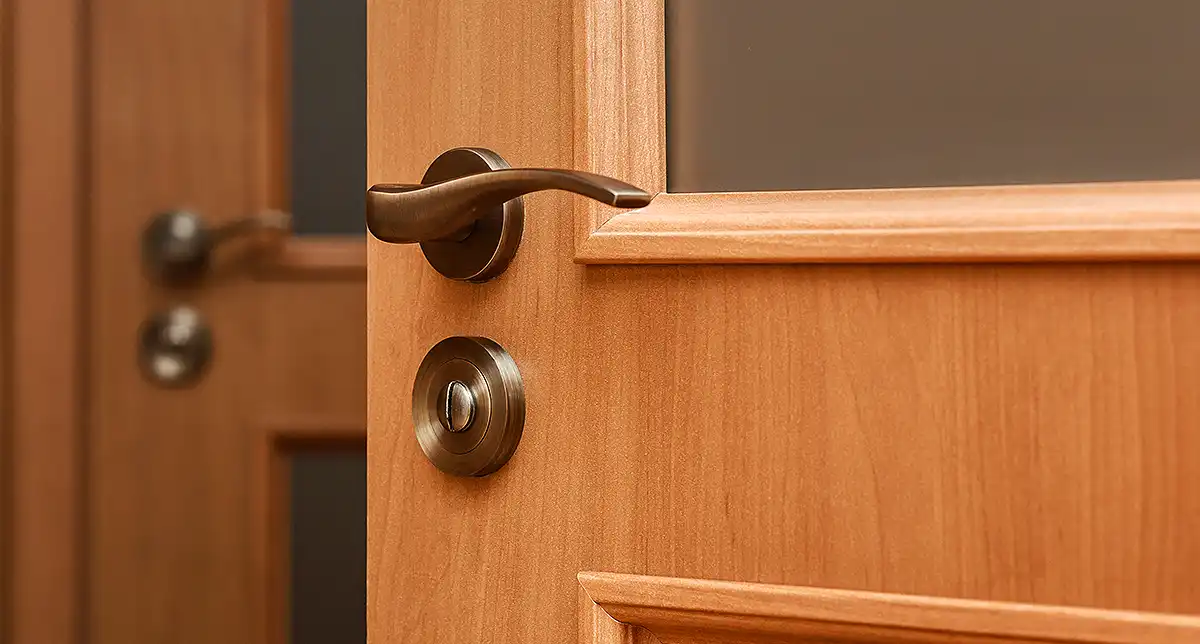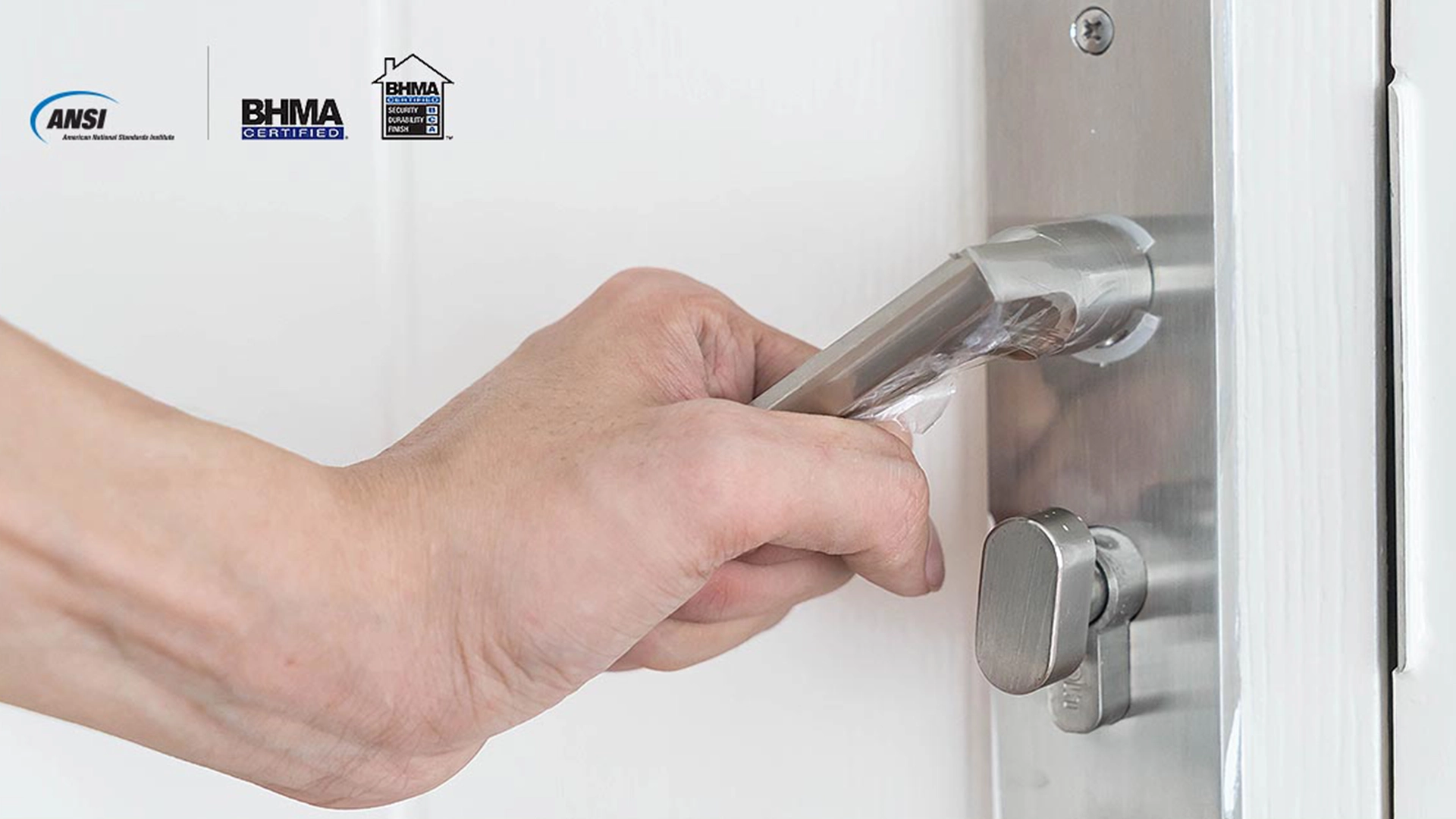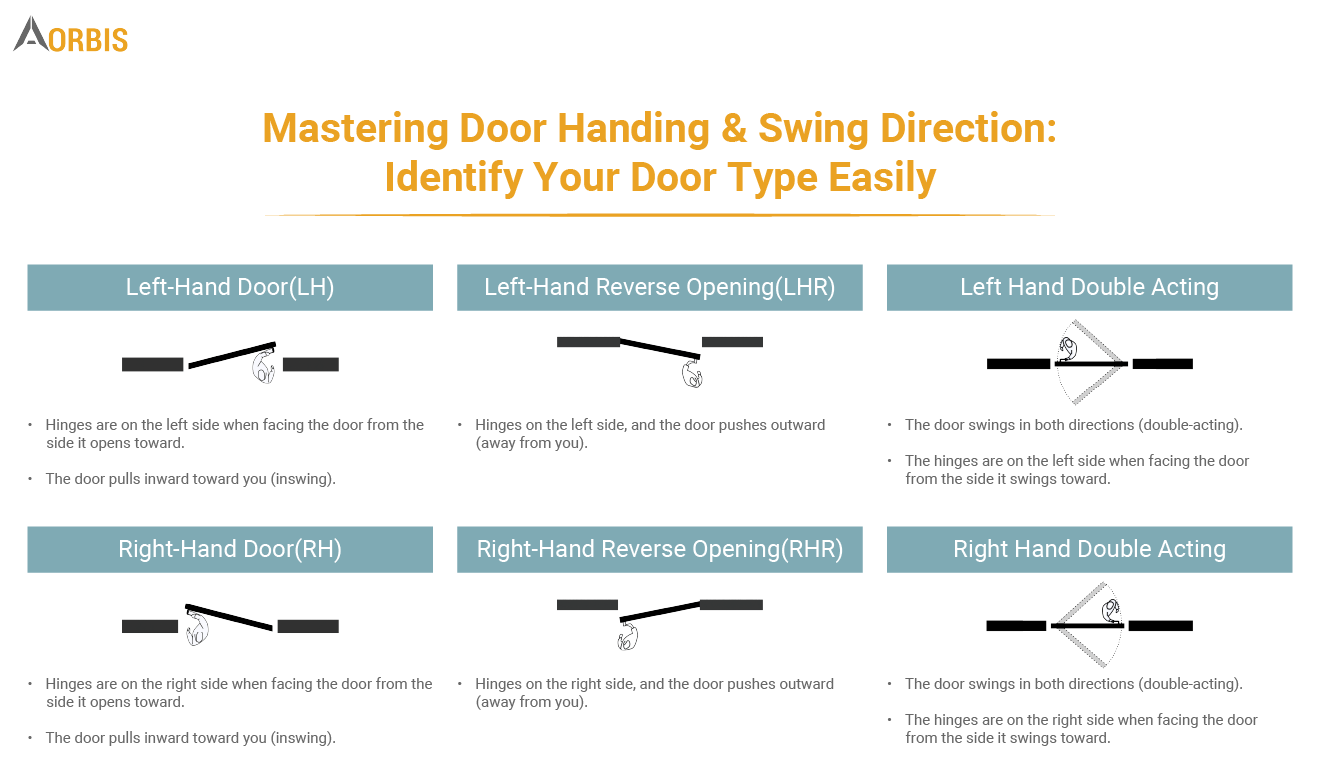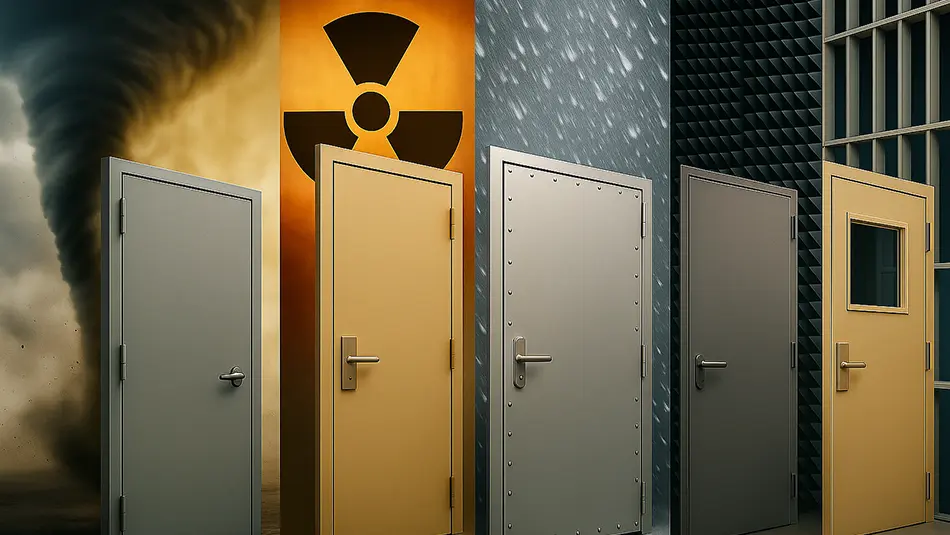ANSI (American National Standards Institute) is a non-profit group in the U.S. that makes sure there are clear and fair guidelines for how things should be done in various industries. ANSI works with various industry groups and represents the U.S. in global standard-setting organizations like ISO (International Organization for Standardization) and IEC (International Electro technical Commission).
BHMA (Builders Hardware Manufacturers Association) is the main group recognized by ANSI for setting standards related to building hardware, such as locks, door closers, and exit devices. BHMA has over 40 standards and they describe how different hardware products should perform and what features they should have.
These standards are used by architects, builders, and others in construction to ensure that the hardware they choose is reliable and performs well. The standards are reviewed and updated every five years to keep up with new developments and needs in the industry.
Why are ANSI/BHMA Standards important?
ANSI/BHMA Standards are key in the building hardware industry because they make sure that hardware is high-quality, safe, and reliable. Here’s why ANSI/BHMA Standards are important:
Quality and Reliability
Consistent Performance: These standards provide clear rules for testing hardware to make sure it works well over time. This means products are less likely to break down and will perform reliably under various conditions.
Durability: The standards ensure that hardware can handle daily use and tough environmental conditions, like extreme heat or cold. This helps prevent hardware from wearing out too soon and makes it last longer.
Safety and Security
Life Safety: For items like exit devices and door closers, the standards make sure they work properly during emergencies, such as fires. This helps people evacuate safely and quickly.
Security: Standards for locks and other security hardware ensure these products can resist tampering and forced entry. This helps keep buildings and their occupants safe from break-ins.
Uniformity and Compatibility
Standardization: The standards create consistent requirements for hardware, making sure different products work well together. This simplifies the design and construction process.
Interoperability: The standards ensure that hardware from different manufacturers fits and works together seamlessly. This is important for complex building systems where parts from various sources need to function together.
Regulatory Compliance
Building Codes: Many building codes use ANSI/BHMA Standards as a reference. Following these standards helps meet legal requirements and makes it easier to get permits and approvals.
Insurance and Liability: Meeting these standards can affect insurance requirements and liability. It shows a commitment to safety and quality, which can help reduce insurance costs and lower liability risks.
Ease of Specification and Procurement
Clarity for Designers: The standards provide detailed guidelines, making it easier for architects and builders to choose the right hardware. This helps in planning and decision-making for construction projects.
Simplified Procurement: Products that meet these standards are easier to compare and evaluate, making the purchasing process smoother.
Consumer Confidence
Product Assurance: Knowing that hardware meets ANSI/BHMA Standards gives consumers confidence in its quality and performance. It ensures that products have been tested and certified for reliability.
Market Reputation: Manufacturers that follow these standards can build a strong reputation for quality, which helps them attract customers and stand out in the market.
Professional and Industry Standards
Best Practices: The standards reflect the best practices in the industry, setting high benchmarks for quality and performance. They represent the collective knowledge and experience of the industry.
Continuous Improvement: The standards are regularly updated to keep up with new technology and industry changes, ensuring they stay relevant and effective.
ANSI/BHMA Standards are essential for making sure building hardware is safe, reliable, and effective. They help simplify the design and construction process, ensure compliance with regulations, and build consumer trust. These standards set high benchmarks for quality and performance, contributing to successful and safe construction projects. BHMA is the only U.S. organization accredited by ANSI to create these standards, using a clear and collaborative process.
What to Look for When Buying ANSI/BHMA Certified Door Hardware?

Next, look at the materials and build of the BHMA certified products to ensure they match the standards for durability and performance. Make sure it has been tested for strength, durability, and safety. Check the manufacturer’s history to see if they are reliable. Also, confirm that ANSI door hardware will work with your current hardware and can be installed properly.
Read the product specifications to get detailed information about its compliance and review the manufacturer’s warranty and support options. Ensure that the ANSI/BHMA certified door hardware meets local building codes and insurance requirements, and compare costs while considering its long-term value, like how durable it is and how much maintenance it will need.
Finally, ask for and check documentation that confirms ANSI/BHMA compliance. This ensures that the BHMA-certified hardware you choose will work reliably, fit well with your existing systems, and help make your project successful and safe.
Where Can You Buy ANSI/BHMA Door Hardware?
For ANSI/BHMA compliant products, trust AORBIS. We are a leading doors hardware supplier that offers a wide range of ANSI/BHMA compliant doors, hardware, and even bathroom accessories that meet the highest standards of quality and performance. AORBIS’s expert team can help you select the perfect BHMA door hardware for your project.
Contact AORBIS today to learn more.
FAQs (Frequently Asked Questions)
1. What Does ANSI Stand for?
ANSI stands for the American National Standards Institute, the organization behind ANSI guidelines and ANSI standards for various industries.
2. What is ANSI/BHMA Certification?
It’s a certification that ensures a product meets the ANSI/BHMA standards for quality, durability, and performance, especially for builders’ hardware.
3. What is an ANSI Code?
An ANSI code represents a specific ANSI standard, such as those used in locks or door closers.
4. What Does ANSI Do?
ANSI develops voluntary consensus standards, like those for builders’ hardware, ensuring safety and uniformity across industries.
5. How can I Ensure a Product is ANSI-compliant?
Look for the ANSI/BHMA certification mark and check documentation that verifies compliance with ANSI guidelines.
6. What are the categories of hardware covered under the ANSI/BHMA A156 series?
The ANSI/BHMA A156 standards outline specifications for a wide range of architectural hardware, ensuring safety, durability, and efficiency. Key categories include:
Hinges and Pivots: Standards for traditional, self-closing, and continuous hinges.
Locks and Security: Guidelines for locks, cylinders, electromagnetic locks, exit devices, and high-security systems.
Doors and Access: Specifications for door closers, sliding/folding doors, and automated systems.
Architectural and Residential Hardware: Standards for door trim, cabinet locks, residential locksets, and glass hardware.
Specialty Hardware: Guidelines for thresholds, overhead stops, delayed egress locks, and power supplies.
7. How can Someone Purchase a Full ANSI/BHMA Standard?
To purchase an ANSI/BHMA standard,
1. Identify the Standard: Determine the specific ANSI/BHMA document you need.
2. Visit an Authorized Seller: Choose a reputable website or store offering these standards.
3. Find the Standards Section: Look under categories like “Resources” or “Publications.”
4. Select the Standard: Confirm it’s the correct document using the provided overview
5. Purchase: Follow the checkout process with payment details.
6. Access your Document: Download the PDF or opt for a physical copy to be shipped.
By following these steps, you can easily obtain the full ANSI/BHMA standard you need.




